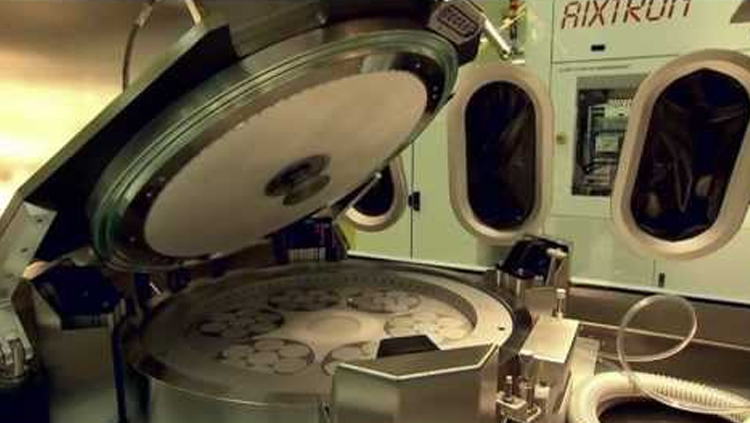Technical Insight
Toyoda Gosei sees slowdown in revenues (LED News)
Toyoda Gosei was recently downgraded by the analyst firm UBS Warburg, following indications from management that the company would miss its LED revenue and capacity expansion targets for the financial year ending March 2001. The company s high-brightness LED business has slowed down significantly due to three major factors, according to analyst Chris Redl. First, Toyoda Gosei is taking longer than expected to roll out its white LED product, which is a key component in full-color handset displays. The Japanese handset market is fiercely competitive and is shifting very rapidly over to the new type of display. Second, Toyoda Gosei is being adversely affected by the global downturn in handset sales. Finally, the company suffers from its lack of sales teams in Europe and the US. According to Redl, Toyoda Gosei was targeting a monthly production capacity of 75 million LEDs by the end of March 2001, but has only reached a level of 65 million units, with a capacity utilization of between 50 and 60%. The company has indicated that LED revenues for the financial year ending March 2001 were 17.5 billion (approximately $142 million), compared with guidance of 20 billion given in February of this year. There is good news, however. Toyoda Gosei is working with at least three companies to develop white LEDs, one of which is Toshiba (see Compound Semiconductor April 2001, p67). Also the company has had a positive response to its products from both European distributors and US car-makers. Furthermore, by increasing the overall brightness and efficiency of its products, Toyoda Gosei will be able to target low-end, high-volume applications such as electronic components, overseas handsets and automotive applications. Positive patent news Meanwhile, a recent court ruling in favor of Toyoda Gosei in its patent war against Nichia could have huge positive implications, says Redl. TG had sued Nichia in the lower courts over substrate technology that is used in some of Nichia s current products, and that TG considers proprietary. The lower courts stopped proceedings after patent officers had deemed that TG s patent claim lacked a proprietary nature. However, the Tokyo high court ruled in TG s favor, implying that TG has a chance of winning its lawsuit against Nichia. "We feel this is a landmark ruling, as it could potentially lead to Nichia being forced to scale down its production, or pay massive compensation claims to TG," says Redl. "The view within the LED industry is that the Japanese government may be moving to force the two companies to settle out of court. In this case, we would see TG in an advantageous situation, as it has more efficient production technology." However, Redl points out that this lawsuit will take time to sort out, and there is also the prospect of more lawsuits to complicate matters still further.


































